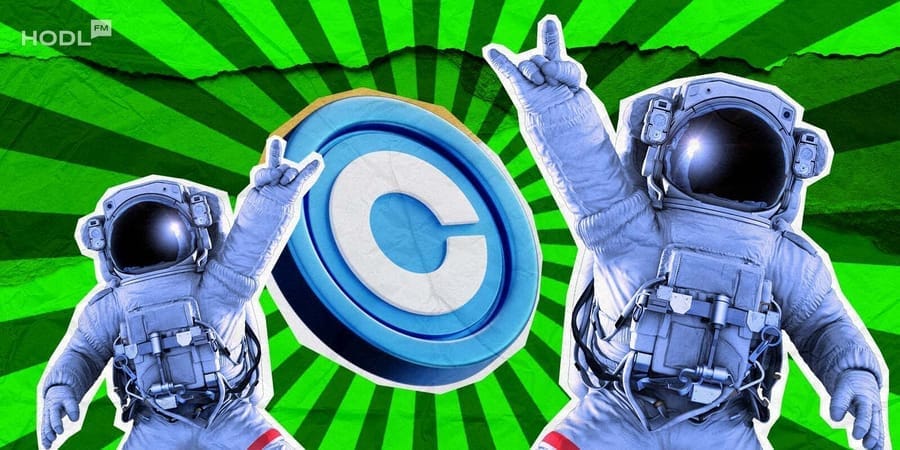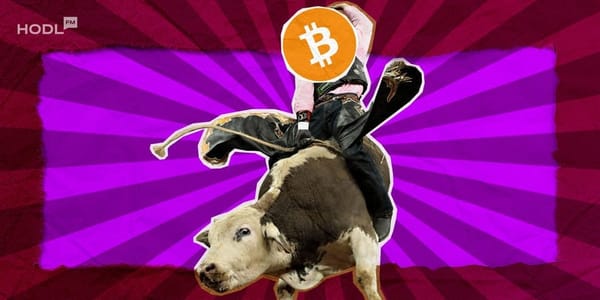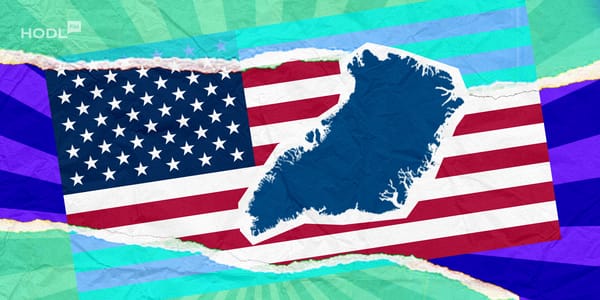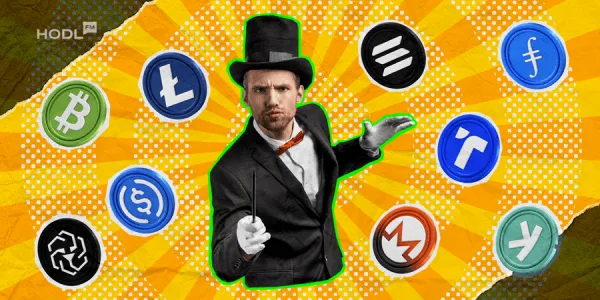Binance.US issued a strong rebuttal on Wednesday after Senator Chris Murphy (D-Conn.) accused the exchange of political bias in its decision to list USD1, a stablecoin issued by World Liberty Financial (WLFI), a company with ties to former President Donald Trump.
The accusation followed just days after Trump pardoned Binance founder Changpeng Zhao (CZ), with Murphy alleging that Binance’s move was a form of “payback.”
“One week after Trump pardoned Binance’s owner (for a stunning array of crimes related to terrorist and sex predator financing), Binance starts promoting Trump crypto,” Murphy wrote Tuesday on X.
His post linked Binance.US’s announcement of the USD1 listing to political favoritism and questioned the timing.
Deposits for $USD1 are now open on @BinanceUS!
— Binance.US 🇺🇸 (@BinanceUS) October 28, 2025
Trading on the USD1/USDT pair will begin on Oct 29 at 7 a.m. EDT.
USD1 is a U.S. dollar-pegged stablecoin issued by @worldlibertyfi and fully backed by regulated reserves including U.S. Treasuries.
Binance.US responded a day later, rejecting Murphy’s claim and insisting that its listing decision followed standard internal procedures.
“To be clear, this was a business decision on the part of Binance.US and nothing more,” the exchange wrote on X on Wednesday. “It’s unfortunate that even routine business decisions are now unfairly politicized by our elected officials.”
Dear Senator,
— Binance.US 🇺🇸 (@BinanceUS) October 29, 2025
We conduct comprehensive due diligence and legal review before listing any asset on @BinanceUS, whether it’s a stablecoin, a new ecosystem project, or a meme token.
Not only are USD1 and WLFI already listed on 20+ major exchanges, including U.S. platforms… https://t.co/6HEM9EprVm
The company added that both USD1 and WLFI had already been approved by its listing committee “in the ordinary course of business” and noted that these assets are listed on over 20 major U.S. exchanges, including Coinbase, Robinhood, and Kraken.
Details on USD1 and its issuer
USD1 is a stablecoin pegged 1:1 to the U.S. dollar and issued by World Liberty Financial, an entity reportedly connected with Trump’s business network. According to CoinMarketCap data, USD1 is the sixth-largest stablecoin globally, holding a market capitalization of roughly $2.92 billion.
WLFI describes USD1 as a regulated, dollar-backed digital asset designed to enhance institutional liquidity. Custody for USD1 reserves is managed by BitGo, a regulated digital asset custodian.
WLFI’s materials emphasize transparency and reserve management, though broader public scrutiny continues over potential political and investment ties involving WLFI, MGX, and associated entities.
Political scrutiny and public criticism
Political opposition to Trump’s involvement in the digital asset industry has been building since his return to public office. Critics argue that his family’s connections to WLFI could represent a conflict of interest, particularly given Trump’s active efforts to grow the USD stablecoin sector.
Democratic Representative Maxine Waters criticized the pardon of Zhao, calling it the culmination of “months of lobbying” and Tencent-style influence-building by Binance leadership. “Trump is doing massive favors for crypto criminals who have helped line his pockets,” Waters declared in an official statement.
Ranking Member @RepMaxineWaters' statement blasting President Donald Trump’s pardon of convicted @binance founder, Changpeng Zhao (CZ).
— House Committee on Financial Services - Democrats (@USHouseFSC) October 23, 2025
Outrageous pardon takes place during Trump-Republican government shutdown.
READ: https://t.co/yVpLkHKXQ7 pic.twitter.com/xN1TmmYWCn
Her comments followed mounting congressional concern about potential financial overlaps between Zhao’s pardon and increased liquidity activity around WLFI assets. Earlier this week, several Senate Democrats requested a formal review of financial and communications records related to the Binance pardon and subsequent USD1 exchange activity.
Zhao’s history and reaction
Changpeng Zhao, once one of the crypto industry’s most influential figures, pleaded guilty in 2023 to failing to implement an adequate anti-money laundering (AML) program at Binance. The company collectively paid over $4.3 billion in penalties after pleading guilty to related criminal charges. Zhao himself paid a $50 million fine and served four months in prison, before being released last year.
Following his pardon last week, Zhao expressed gratitude to Trump, posting:
“Will do everything we can to help make America the Capital of Crypto and advance web3 worldwide.”
Outlook
For now, the broader crypto policy community is watching how U.S. regulators and legislators respond. Whether congressional reviews reveal any overlap between Binance’s internal processes and the political climate remains to be seen.
As Binance.US continues to defend its decision, the controversy underscores how deeply digital assets, regulation, and politics have become intertwined in the post-pardon era, raising fresh questions about transparency, influence, and governance in the U.S. crypto market.

Disclaimer: All materials on this site are for informational purposes only. None of the material should be interpreted as investment advice. Please note that despite the nature of much of the material created and hosted on this website, HODL FM is not a financial reference resource, and the opinions of authors and other contributors are their own and should not be taken as financial advice. If you require advice. HODL FM strongly recommends contacting a qualified industry professional.





